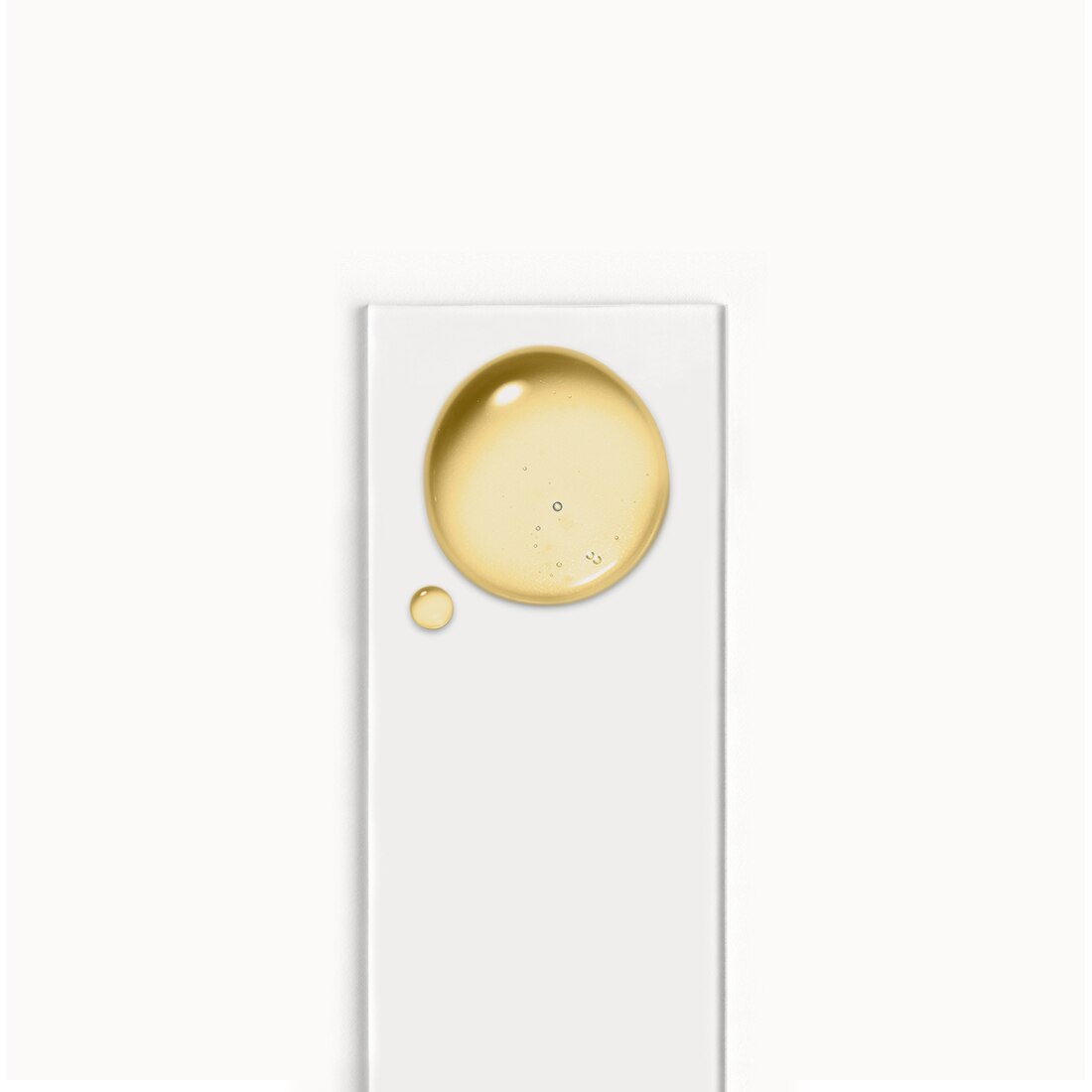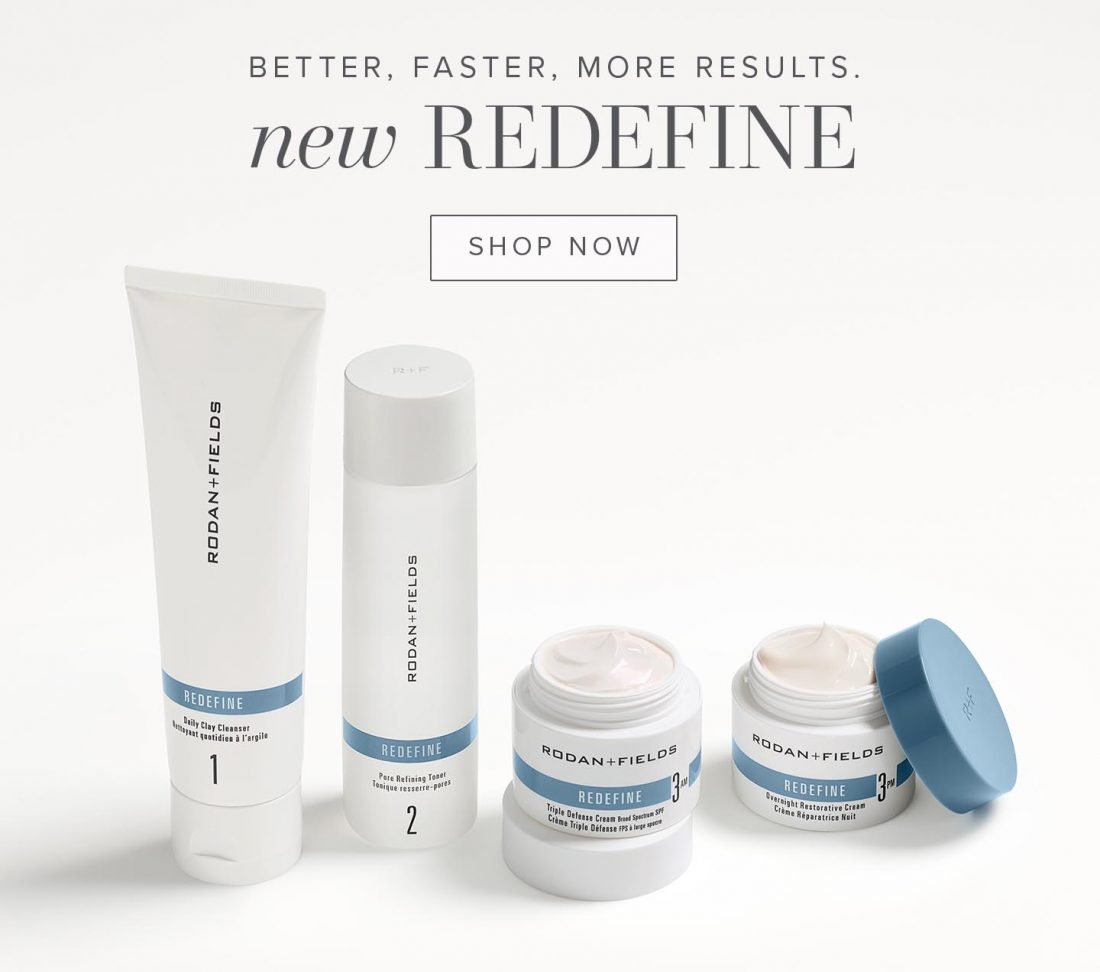There are a lot of vitamins out there to keep track of. There’s vitamin C, which is known for being great for our immune systems and promoting collagen production in skin. There’s vitamin A, which is famously great for eye health (remember always being told to eat your carrots as a kid?) and can help skin health and even prevent breakouts.
Then there’s vitamin E, a fat-soluble nutrient available in some foods that’s also used in quite a few skin care products. But what does vitamin E actually do? Here’s everything you need to know.
What is vitamin E?
Vitamin E is a fat-soluble nutrient found in foods like vegetable oil, nuts, seeds, and leafy green vegetables. In the body, vitamin E acts as an antioxidant, protecting it from free radicals and helping to fire up the immune system.
But vitamin E is also an ingredient commonly listed in skin care products, because when used correctly, topical vitamin E can be incredibly hydrating, healing, and protective for the skin.
Is vitamin E good for your skin?
Vitamin E has a handful of benefits for the skin. While you should always do your best to eat vitamin E-rich foods—not just for skin care benefits but for general health benefits, too — a lot of people use topical vitamin E, and dermatologists will often recommend it for skin because of its benefits.
Benefits of vitamin E for skin
So what does vitamin E do for your skin, exactly? “Vitamin E is an anti-inflammatory and antioxidant skin care ingredient that is naturally healing, hydrating, protective, and soothing,” says cosmetic dermatologist Dr. Michelle Green, MD. “Vitamin E is most often associated with its ability to intensely hydrate and protect against environmental irritants and pollutants that can cause premature aging of the skin. It’s also commonly used for treatment and prevention of dark spots, fine lines, and dehydrated skin.” Vitamin E benefits for skin go far beyond a quick fix, which is why it is so trusted in the skincare industry.
Safety of vitamin E skin care products
We know that vitamin E can be a hydrating, beneficial part of a skin care routine. But are there any safety concerns we should be aware of? Dr. Green says that in general, vitamin E is considered a safe skin care ingredient. “Vitamin E may potentially cause skin irritation in some individuals, though,” she says. “Those who have oily skin or who are acne-prone may want to avoid products that contain vitamin E as well, since there’s potential for clogging the pores and causing or exacerbating acne breakouts.”
If you have sensitive or acne-prone skin, Dr. Green suggests first starting with a moisturizer that contains vitamin E so you can figure out if you have any reaction to it. If you notice breakouts or another skin issue, back off of it and talk to your dermatologist about it. Consider products for sensitive skin if irritation is an ongoing issue.
Products with vitamin E for face and skin
There are tons of vitamin E-based skin care products on the market. “The best way to reap all the skincare benefits of vitamin E is by using a moisturizer or oil blend containing it since vitamin E is soluble in oil,” Dr. Green says.
In addition to moisturizers, because it is easily absorbed in the skin and is very hydrating, vitamin E is also often added to sunscreens, eye creams, anti-aging formulas, lip serum and even some makeup. You might be surprised by how often vitamin E is actually listed in skin care products – you may already be using a product that contains it without knowing it. It comes in formulations of both cream or lotion to suit your product texture preferences.
Incorporating vitamin E into your skincare routine
Because vitamin E is generally non-irritating and is available in so many products, most people find they can seamlessly incorporate vitamin E into their skin care routine.
“Vitamin E is commonly used in skin care products, and it may already be a part of your regular skin care regimen simply because it’s added to so many products already,” says Dr. Green. “Incorporating the ingredient into your skin care routine can be as easy as adding a nighttime moisturizer with vitamin E in it.”
She adds that the benefits of vitamin E can be further enhanced by using it in tandem with vitamin C. “Vitamin C is a powerhouse antioxidant ingredient. When combined, skin will be left feeling and looking youthful, radiant, and beautiful,” Dr. Green says.
If you’re thinking about incorporating vitamin E into your skin care routine and have any questions, don’t be afraid to talk to your dermatologist. They can help you address any concerns you might have, and help you decide if it’s the right ingredient for you.
Sources
“What is vitamin E and what does it do?” National Institutes of Health. Accessed 7/27/2021.
Dr. Michelle Green, MD, a cosmetic dermatologist and chief resident in Dermatology at the Mount Sinai School of Medicine





